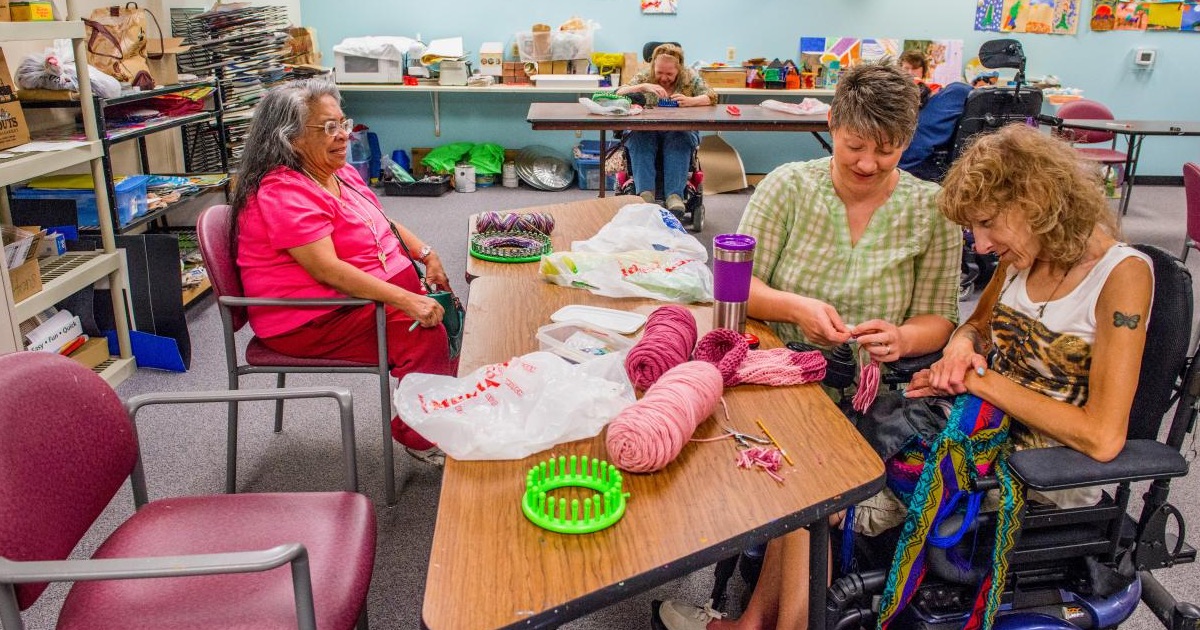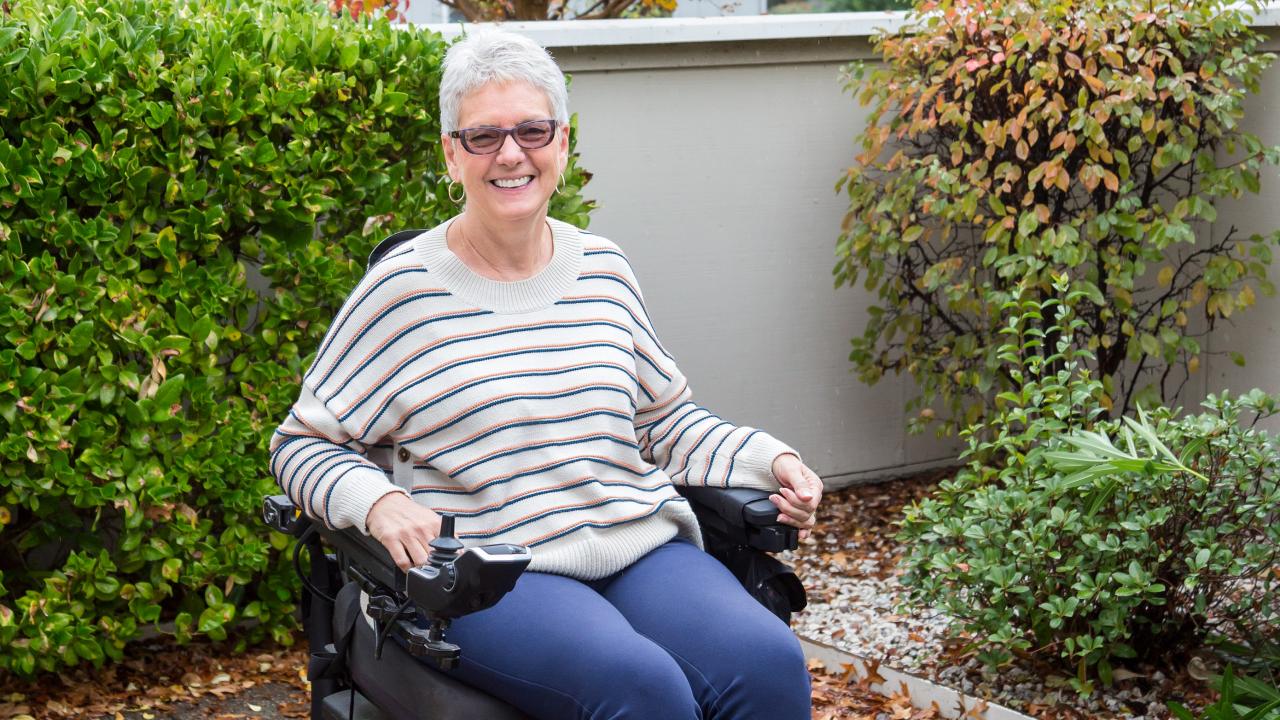 Dash/Fotolia
Dash/Fotolia
MS is a difficult autoimmune disease to have because its progression is unpredictable. People with MS may have many symptoms in common though the disease affects different people differently.
Below are many common symptoms those who suffer from MS may have, along with suggestions on how to support them.
It goes without saying that you want to give the person with MS as much control as possible to preserve their independence. You want to support them based on their need and their schedule.
1) Muscle weakness/spasticity
Exercise and stretching are very important for those who have MS. Try buying some elastic resistance bands to use while sitting.
Squeeze a ball in your hand as a strengthening exercise, and have the person with MS try to do the same.
Try doing Chair Tai Chi via a video with them to help keep them moving.
Offer to help with errands or just bring over items you think they might need without waiting to be asked.
2) Incontinence
The fear of having an accident may make some MS patients reluctant to leave the house. Fortunately today, there are a variety of products from pads, to pull-ups, to those that attach on the sides. Offer to look up products online, or to bring something over from the drugstore to try.
3) Speech difficulties or difficulty swallowing
Check to see if insurance will pay for a speech therapist to evaluate the person with MS so guidance can be used on methods to improve speech and swallowing. Bring and offer foods that are easier to swallow such as those listed here.
4) Cognitive loss
People with MS may have trouble with poor memory, slow information processing, or impaired learning. Spend time looking over familiar photos. Make sure to speak slowly and clearly. When deciding about activities or foods, keep it simple with only a couple of choices offered.
5) Difficulty walking
Walking often becomes more difficult as MS progresses due to weakness, fatigue, tremors and impaired balance. Encourage the person to use aids such as canes or walkers. Encourage outings where they can be pushed in a wheelchair and make light of it even though they may feel uncomfortable about using one.
6) Depression and mood changes
MS patients are at risk of developing severe depression. Often in the beginning stages of an illness, friends check in regularly. But over time, people may drop out of the sick one's life and the person can feel very alone.
It is very important for the person to feel connected to others who are struggling with the same issues. There are a slew of resources, almost too many to look through. Here are a few:
National Multiple Sclerosis Society Support Page
http://www.nationalmssociety.org/Resources-Support/Find-Support
National Multiple Sclerosis Society join a local support group page
http://www.nationalmssociety.org/Resources-Support/Find-Support/Join-a-L...
Multiple Sclerosis Foundation Support Groups
http://msfocus.org/support-groups.aspx
National Multiple Sclerosis Society online support
http://www.nationalmssociety.org/Resources-Support/Find-Support/Connect-...
MS Blog
http://www.msconnection.org/Discussions
MS Facebook page
https://www.facebook.com/home.php?sk=group_13035642389
Michele is an R.N. freelance writer with a special interest in woman’s health care and quality of care issues.
Edited by Jody Smith
Gibson, Jeremy MRCGP and Frank, Andrew FRCP. Supporting individuals with disabling multiple sclerosis. J R Soc Med. 2002 Dec; 95(12): 580–586.
http://www.ncbi.nlm.nih.gov/pmc/articles/PMC1279282
MS Symptoms-More common symptoms. National MS Society. Retrieved March 23, 2016.
http://www.nationalmssociety.org/Symptoms-Diagnosis/MS-Symptoms#section-0





Add a CommentComments
There are no comments yet. Be the first one and get the conversation started!